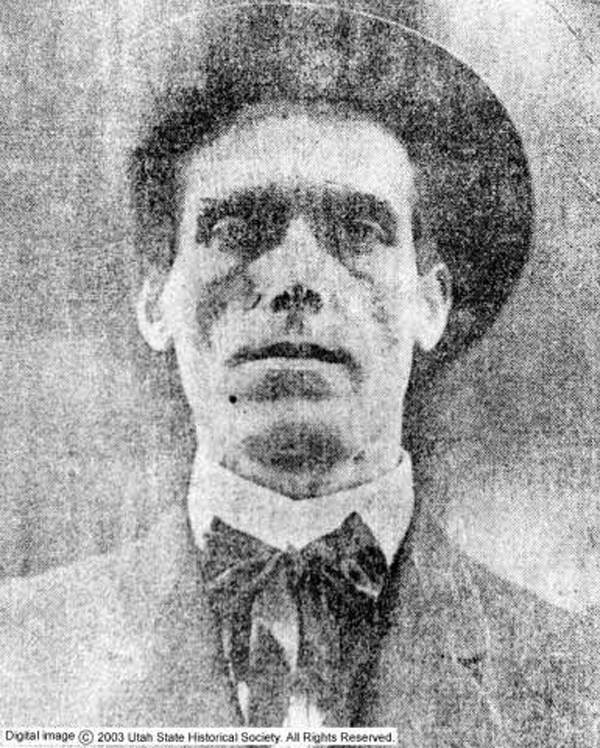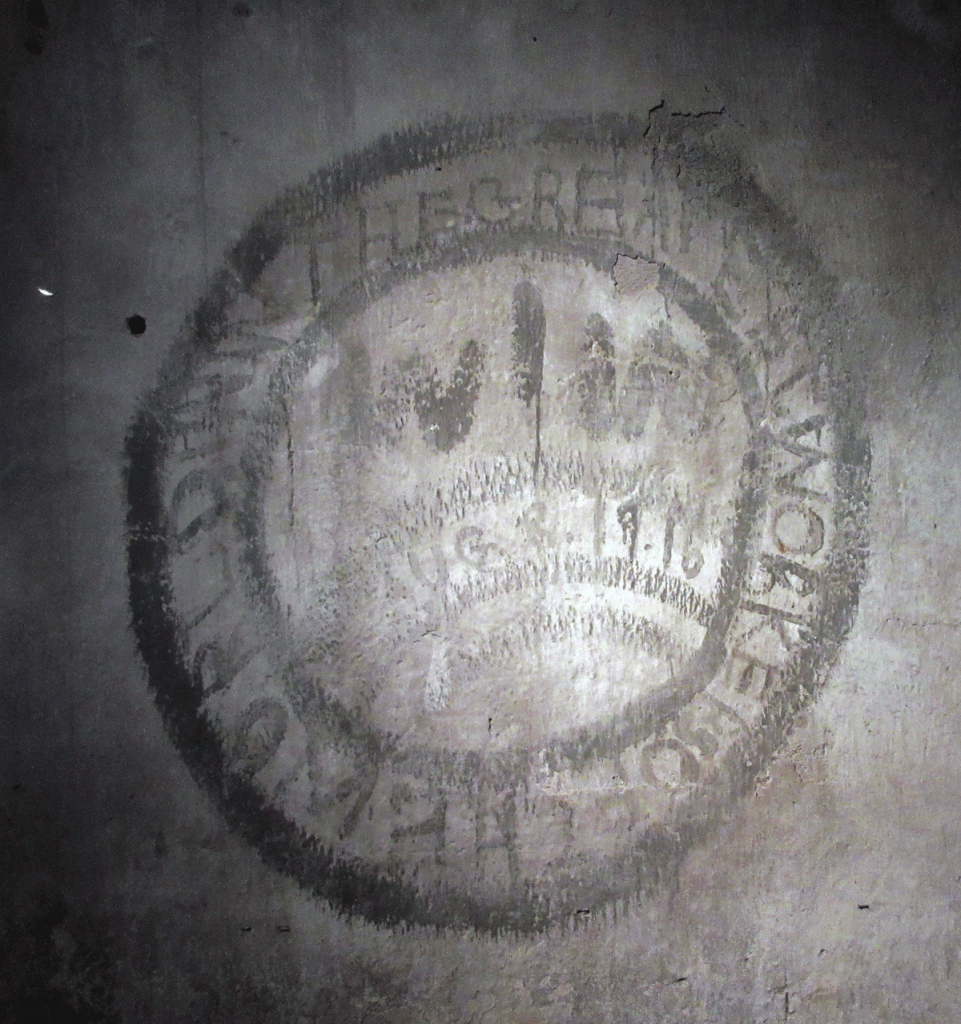“Goodbye Bill. I die like a true blue rebel. Don’t waste any time in mourning. Organize.”
On November 19, 1915, Joe Hill was executed by firing squad at the Utah State Prison (located at what is now Sugarhouse Park and Highland High). He’d been found guilty of the murder of Salt Lake City grocer and former police officer John G. Morrison and his son. Hill maintained his innocence until his death and others advocated for his clemency, including President Woodrow Wilson and Helen Keller.[1]

Credit: Used by permission from the Utah State Historical Society
Joe Hill was born Joel Emmanuel Hägglund in Gavle, Sweden on October 7, 1879. Also known as Joseph Hillstrom, he moved to the United States in 1902 with his brother after their parents died. Hill became a migrant laborer, moving from New York, to San Pedro, California. By 1908, Joe Hill had joined the Industrial Workers of the World (IWW), known as Wobblies.[2] He wrote political songs and satirical poems, including “There is Power in a Union” and “The Rebel Girl.” As Hill himself wrote: “A pamphlet, no matter how good, is never read more than once, but a song is learned by heart and repeated over and over.”[3] His contributions to the IWW’s “Little Red Songbook” inspired labor activities around the country.

Credit: Park City Historical Society and Museum
In 1913, Hill made his way to Utah and worked in the Silver King Mine in Park City.[4] He soon became ill and was taken to Salt Lake. Shortly after, on January 10, 1914, John G. Morrison was murdered and Hill was arrested for the crime. Details of the inconsistent, cloudy evidence presented at his trial can be found in many publications, but most scholars agree that Hill was most likely not guilty of the murder of Morrison. In death, however, Hill became a martyr, an image perpetuated by the IWW.[5]
Years later, Hill reentered the popular imagination, fittingly, through music. A poem titled “I Dreamed I Saw Joe Hill Last Night,” written by Alfred Hayes in the 1930s was set to music by Earl Robinson. Paul Robeson and Pete Seeger often performed the song and in 1969, Joan Baez’s Woodstock performance of the song became one of the best known recordings of the song. Other folk artists, such as Woodie Guthrie and Bob Dylan, wrote songs about Hill’s lasting legacy.[6]
I dreamed I saw Joe Hill last night, alive as you or me… “Takes more than guns to kill a man,” says Joe, “I didn’t die.”
John Sillito, professor at Weber State University, will give a presentation on the life and legacy of Joe Hill at the Park City Museum (528 Main Street) on Tuesday, August 25 at 5:30pm.
[1] Joe Hill, Gibbs Smith.
[2] The Man Who Never Died, William M.Adler, page 30
[3] Joe Hill, Gibbs Smith, page 19.
[4] Joe Hill, Gibbs Smith, page 63.
[5] The Man Who Never Died, William M. Adler.
[6] The Man Who Never Died, William M. Adler, pages 18-21